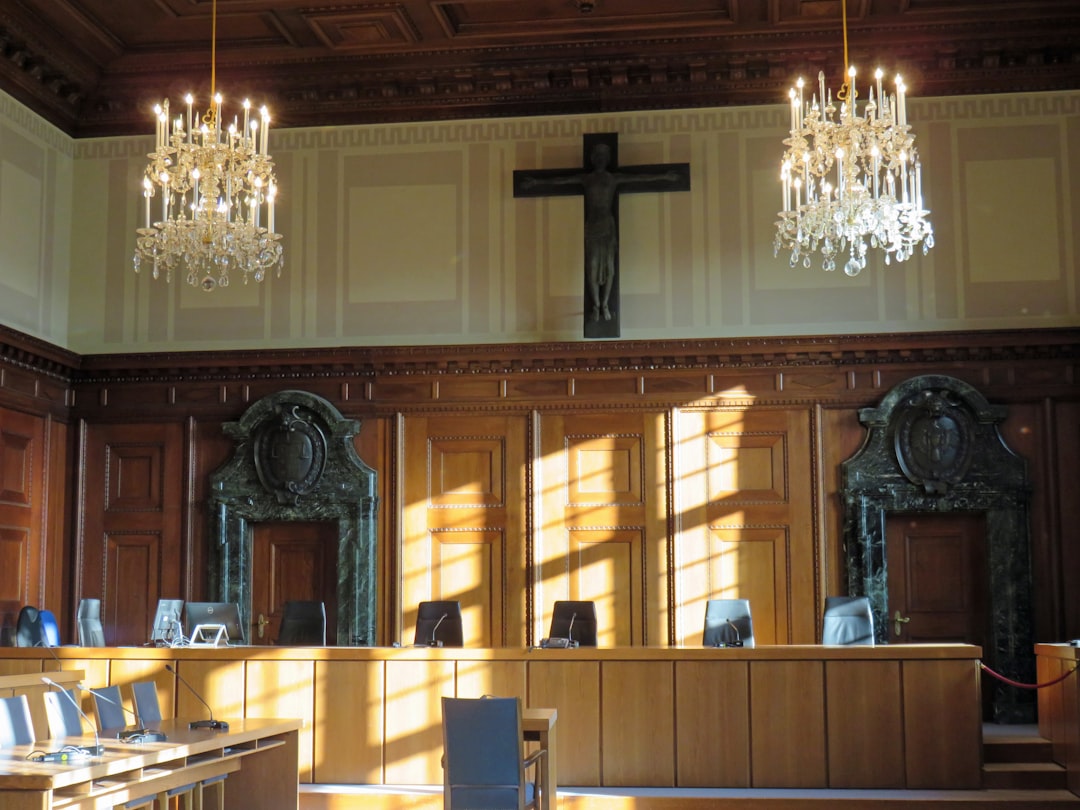In the digital age where online interactions are a core part of daily life, understanding how platforms like Facebook manage content is essential. One gray area that garners attention is the practice of taking and sharing screenshots of user content. While Facebook’s Community Guidelines are known and publicly available, the platform doesn’t have a clearly defined “Screenshot Policy.” This leads to confusion about what is permitted, what isn’t, and the potential consequences of sharing screenshot content outside the platform.
Understanding Facebook’s Community Guidelines
Facebook’s Community Guidelines provide the foundation for what types of behavior and content are acceptable on the platform. These rules are designed to ensure safety, promote inclusivity, and prevent abuse. The guidelines cover a variety of areas such as hate speech, nudity, misinformation, harassment, and violent content.
- Hate Speech: Facebook prohibits content that attacks people based on race, ethnicity, national origin, religious affiliation, or gender identity.
- Violent and Graphic Content: Any depiction of violence that is intended to shock or glorify harm is typically removed.
- Harassment and Bullying: Persistent trolling, abuse, and intimidation are grounds for content removal or account banning.
- Spam and Fake News: Facebook continues to amplify efforts to minimize misinformation by removing content that spreads false narratives.
These rules directly apply to what’s posted on the platform. But where do screenshots come into play?
The Grey Area: Screenshots on Facebook
Unlike other major platforms such as Snapchat, which notifies users if a screenshot is taken, Facebook does not alert users when their content is captured via screenshot. This leads people to assume it’s free game to screenshot content and share it outside the platform.
However, sharing screenshots raises significant privacy, ethical, and legal concerns. Even though Facebook doesn’t restrict screenshotting technically or in its FAQ, that doesn’t mean it’s without repercussions. In many cases, sharing screenshots of someone’s private conversations or posts can violate the community standards if it’s done for the purpose of shaming, harassment, or unauthorized distribution.

Reasons Screenshots Raise Issues
- Consent: Capturing and sharing screenshots of private messages or closed group content without consent breaches an individual’s privacy.
- Context Loss: Out-of-context screenshots can mislead, giving an impression that wasn’t intended by the original poster.
- Defamation: Misused screenshots can be weaponized to harm reputations or incite public backlash against someone unjustly.
- Policy Violation: If a screenshot is used to harass or defame someone, it may still be subject to removal under Community Guidelines even if the platform itself doesn’t ban taking screenshots.
Is There a Formal Screenshot Policy?
Facebook does not list a separate policy exclusively for screenshots in its Help Center or Community Standards as of 2024. The platform focuses more on the intent and impact of the content being shared — regardless of format. Whether an image is a photo, meme, or screenshot, if it violates one of the core tenets of Facebook’s Community Standards, it can be flagged and removed.
For instance, if someone posts a screenshot of a Messenger conversation to publicly mock another person, that act could be reported under harassment or bullying. Therefore, while there may not be an explicit “Screenshot Policy,” users are still held accountable for how they use screenshot content within the platform.
Privacy Settings and How They Interact with Screenshots
Facebook gives users control over who can see their posts, interactions, and even who can comment on them. If a user posts something visible only to “friends” or a private group, taking a screenshot and sharing it publicly can be deemed a violation of their privacy.
Here’s how privacy settings play a crucial role in this:
- Private Groups: Content shared within these groups are not publicly accessible, and sharing screenshots from them can lead to group expulsion or internal disciplinary actions by group admins.
- Private Messenger Chats: If a user shares private conversations, the original sender can report the post for abuse or breach of confidence.
- Friends-Only Posts: Sharing screenshots of a friend’s post without permission could damage trust and can be reported, especially if it’s defamatory.
Understanding these nuances helps users navigate both ethical and policy-driven frameworks when deciding whether or not to screenshot Facebook content.
Legal Considerations Outside of Facebook
Beyond Facebook rules, there are legal consequences to consider with screenshot sharing. In many jurisdictions, sharing private communication without consent can lead to lawsuits, especially if it causes reputational harm or financial loss. Depending on the locality, this can be subject to invasions of privacy laws, defamation clauses, or even copyright infringements.
Platforms like Facebook are often seen as “neutral grounds” when legal conflicts arise, and the responsibility falls on the individual who shares the content rather than the platform that hosted it.

Best Practices: What Users Should Keep in Mind
While the temptation to capture and share a compelling or outrageous post is high, Facebook users should keep in mind both ethical and community standards.
Tips for Responsible Screenshot Use:
- Always get permission from the person whose content you are sharing.
- Avoid context stripping — make sure the screenshot doesn’t misrepresent facts.
- Don’t use screenshots for bullying or shaming purposes.
- Report inappropriate content to Facebook instead of exposing someone publicly.
Conclusion: Community First, Privacy Always
While Facebook may not have a written policy specifically banning or restricting screenshots, how those screenshots are used matters under the broader umbrella of Community Guidelines. Users must understand the ethical and privacy implications of sharing one another’s content outside of its original context and setting. Ultimately, creating a respectful and safe online experience is a shared responsibility between the platform and its users.
FAQ: Facebook Screenshot Policies vs. Community Guidelines
-
Q: Does Facebook notify users about screenshots?
A: No, Facebook does not currently notify users when someone takes a screenshot of content or messages. -
Q: Can I get banned for posting a screenshot?
A: Technically, no — but if the screenshot violates Community Guidelines (like sharing hate speech or bullying), it can be grounds for removal and possible bans. -
Q: Is screenshotting Facebook messages illegal?
A: It’s not inherently illegal, but sharing them publicly without consent can lead to legal issues depending on local privacy laws. -
Q: Can someone report me for sharing their post in a screenshot?
A: Yes. If that person feels their content was misused or misrepresented, they can report the screenshot under harassment or privacy violation. -
Q: Do Facebook groups allow screenshotting?
A: Each group may have its own rules. Many private groups explicitly prohibit screenshotting and sharing content outside the group.



